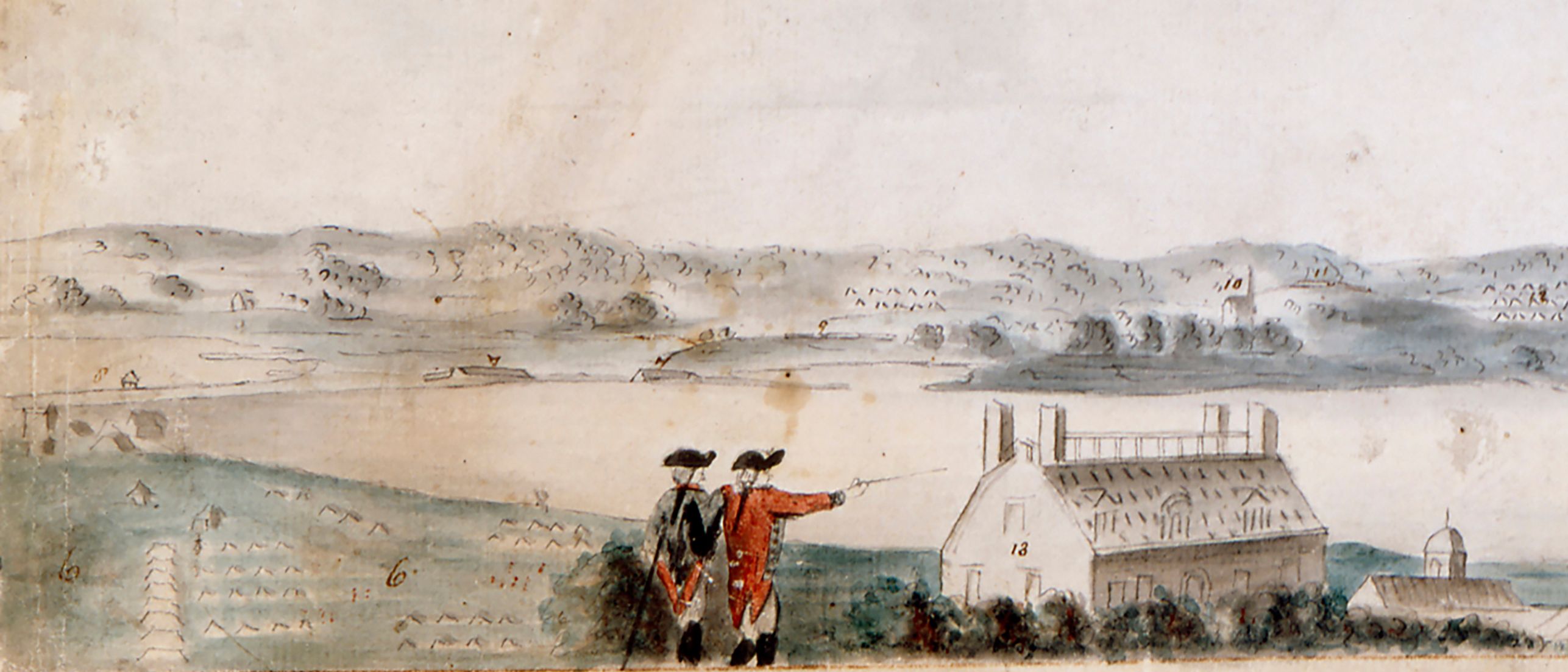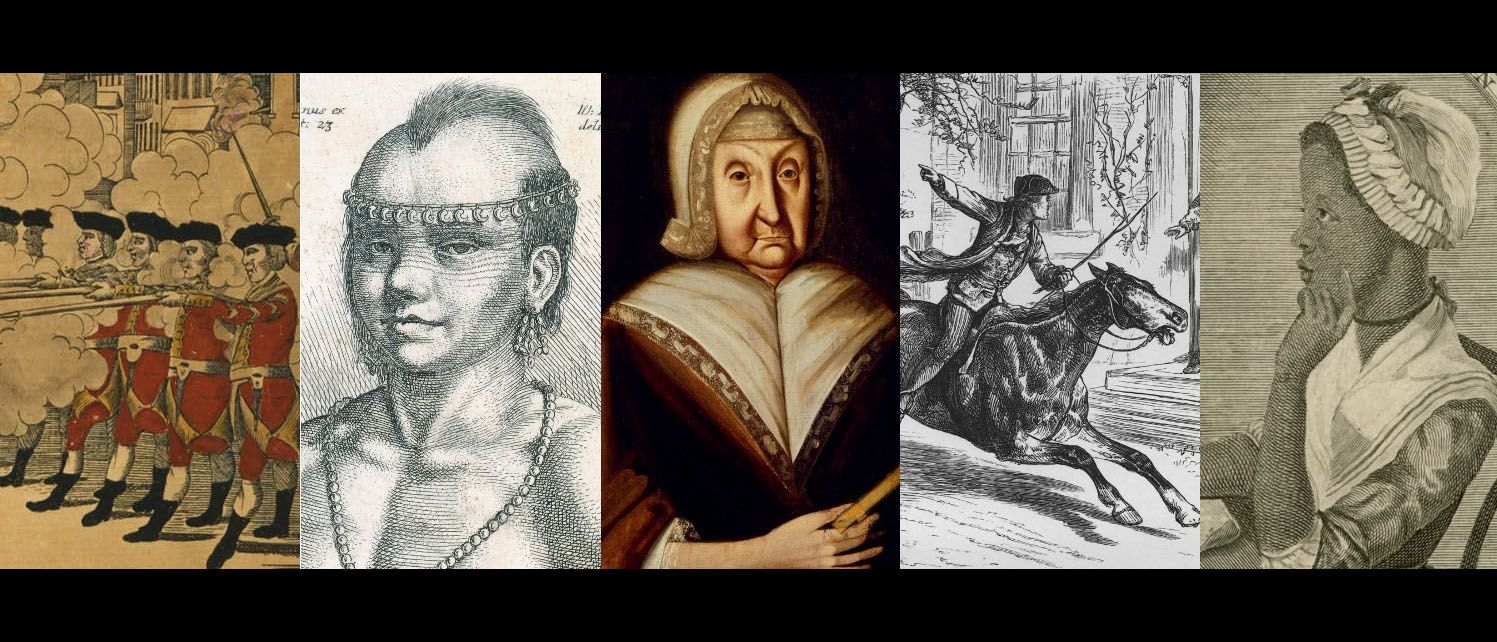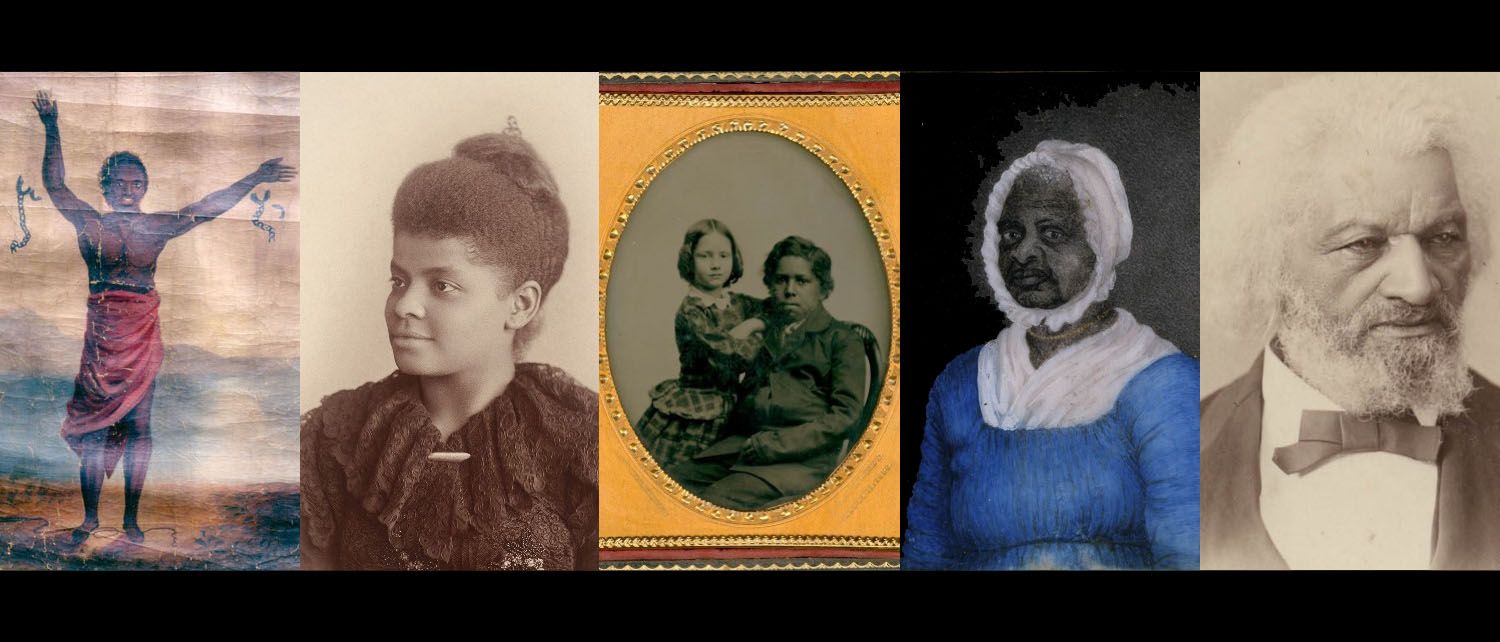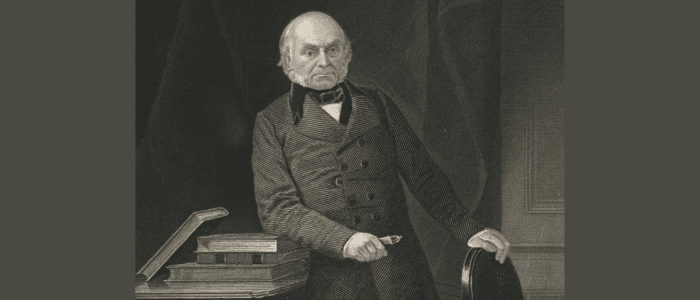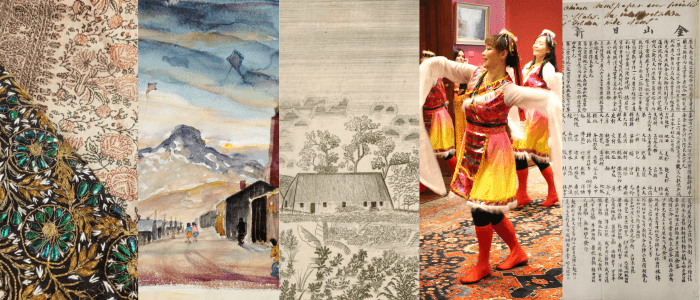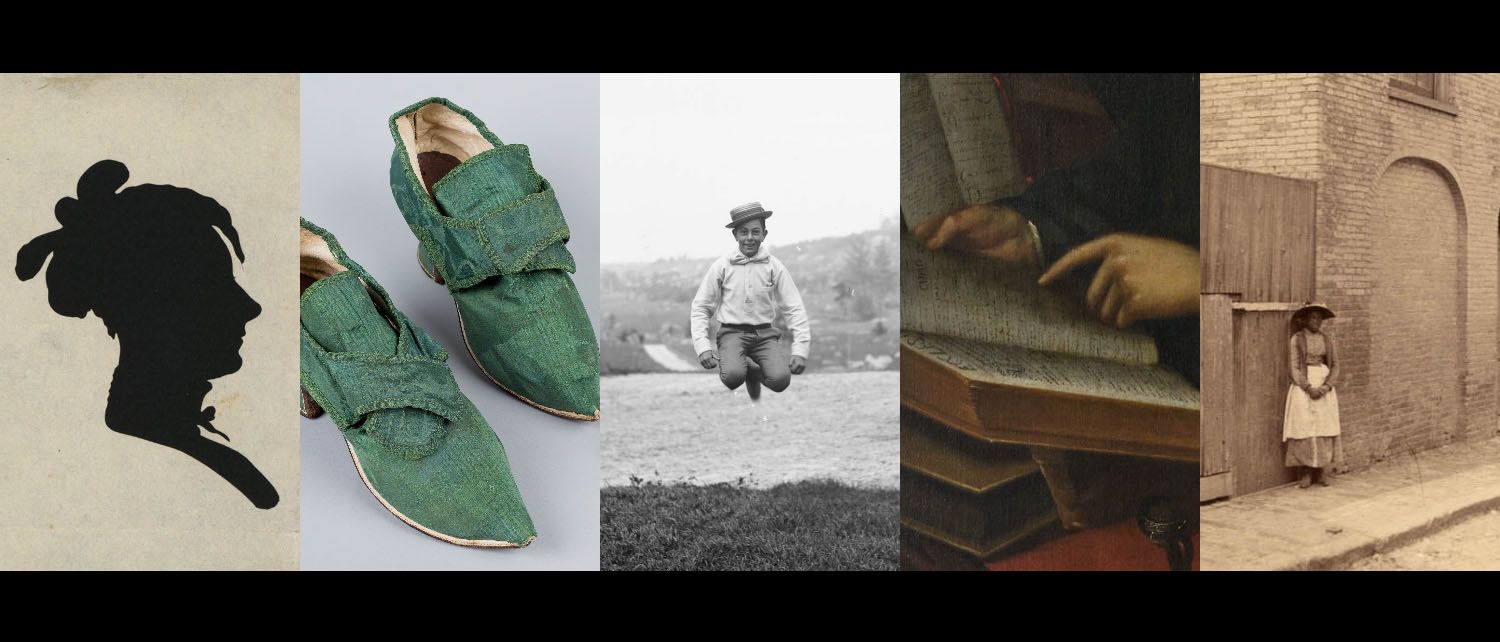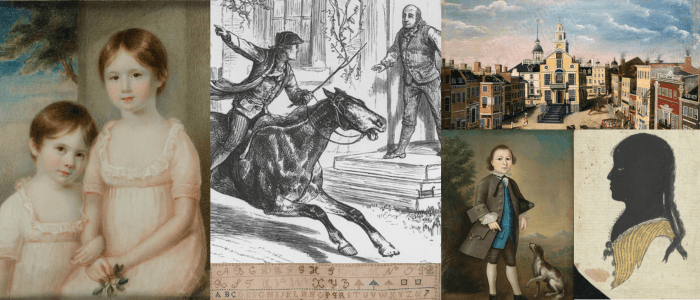Event
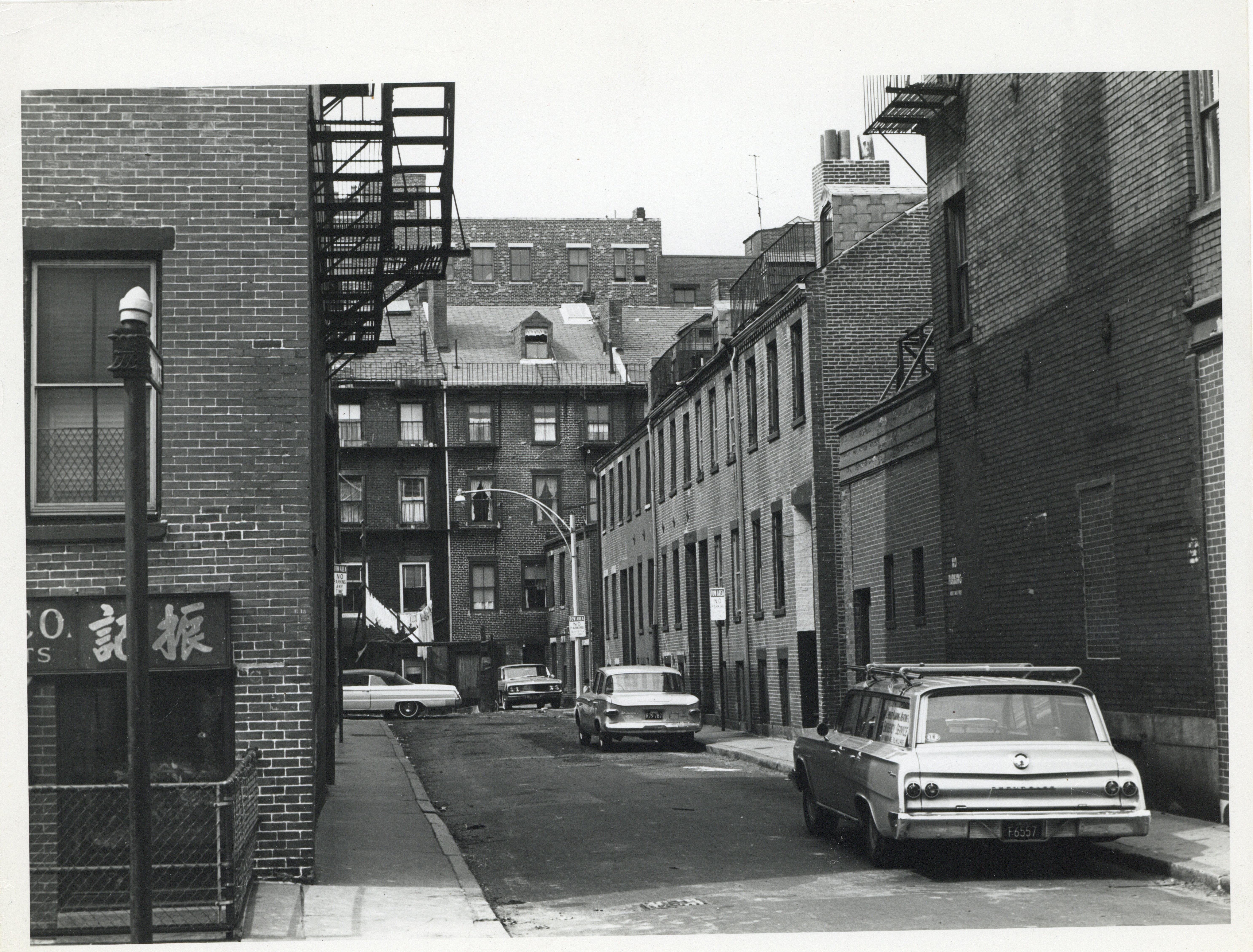
Confronting Economic Injustice: The Story of Parcel C
Michael Liu, Author of Forever Struggle: Activism, Identity and Survival in Boston's Chinatown; David Moy, Hyams Foundation; Lydia Lowe, Chinatown Community Land Trust; Carolyn Chou, Asian American Resource Workshop; Moderated by Margaret Woo, Northeastern University School of Law
Boston’s Chinatown has long been the physical, economic, and cultural center for Chinese immigrants. Chinatown has also long fought for community control of affordable housing and economic justice. Join us for a conversation about the story of Parcel C, Chinatown’s success in fighting against institutional expansion and reclaiming this parcel for community use.
Developed by the Northeastern University School of Law Criminal Justice Task Force, Confronting Racial Injustice is a free series hosted by the Massachusetts Historical Society. More information about the series and a list of our co-sponsors can be found here.
Online Event
